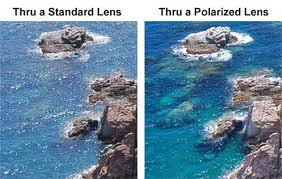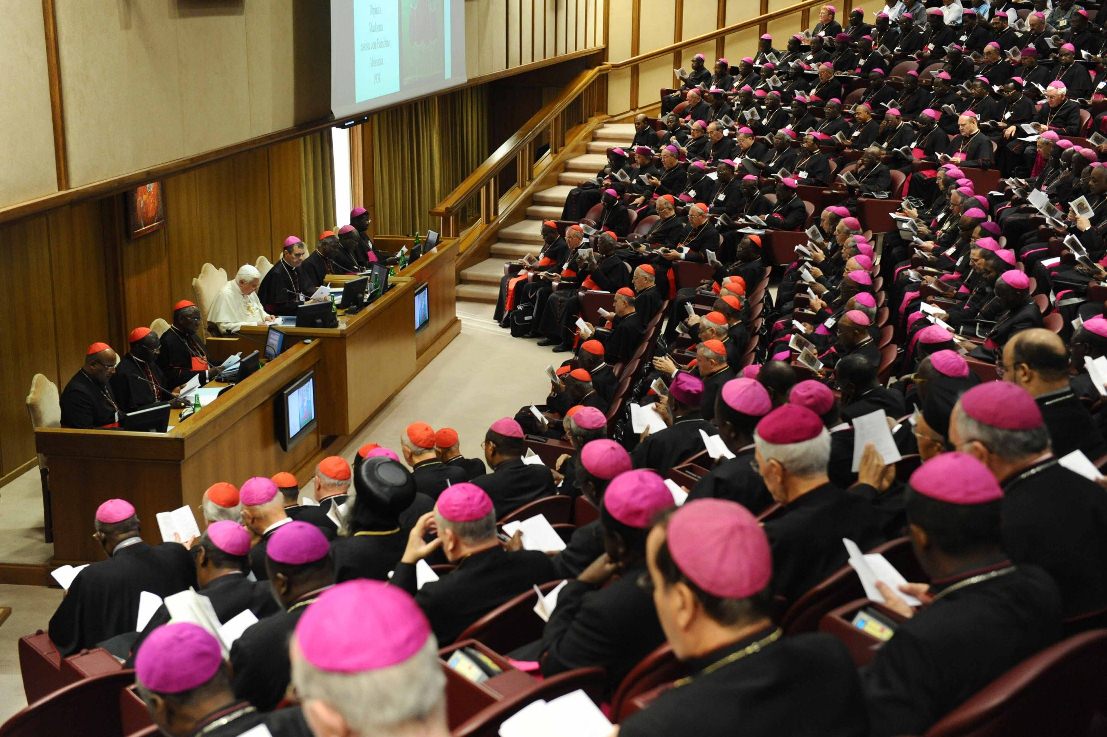The Anchoress, among others, has joined ‘team Amelia’: a group of people supporting the fight of her parents to get Amelia treated just like everyone else. Here is Amelia’s mother, in her own words. It is a long piece, and you can read the whole thing on your own via the previous link, but here are some highlights:
I am going to try and tell you what happened to us on January 10, 2012, in the conference room in the Nephrology department at Children’s Hospital of Philadelphia.
We arrived for our regular Nephrology visit with Amelia’s doctor who has seen her for the last three years. She examines Amelia and sends us for labs. I ask about the transplant and she says we have about six months to a year until she needs one. She tells us she reserved the conference room and when we get back from labs, we can meet with the transplant team and he can tell us about the transplant process.
…
The doctor begins to talk and I listen intently on what he is saying. He has a Peruvian accent and is small, with brown hair, a mustache and is about sixty five years old. He gets about four sentences out ( I think it is an introduction) and places two sheets of paper on the table. I can’t take my eyes off the paper. I am afraid to look over at Joe because I suddenly know where the conversation is headed. In the middle of both papers, he highlighted in pink two phrases. Paper number one has the words, “Mentally Retarded” in cotton candy pink right under Hepatitis C. Paper number two has the phrase, “Brain Damage” in the same pink right under HIV. I remind myself to focus and look back at the doctor. I am still smiling.
…
“Oh, that’s ok! We plan on donating. If we aren’t a match, we come from a large family and someone will donate. We don’t want to be on the list. We will find our own donor.”
“Noooo. She—is—not—eligible –because—of—her—quality– of –life—Because—of—her—mental—delays” He says each word very slowly as if I am hard of hearing.
…
The social worker decides to join the conversation. “Well, you know a transplant is not forever. She will need another one in twelve years. And then what? And do you have any idea of the medications she will need to take to keep her healthy?”
I speak through gritted together. “YES, I HAVE DONE ALL MY RESEARCH.”
She smirks a little. “Well, what happens when she is thirty and neither of you are around to take care of her. What happens to her then? Who will make sure she takes her medications then?”
…
“So you mean to tell me that as a doctor, you are not recommending the transplant, and when her kidneys fail in six months to a year, you want me to let her die because she is mentally retarded? There is no other medical reason for her not to have this transplant other than she is MENTALLY RETARDED!”
“Yes. This is hard for me, you know.”
My eyes burn through his soul as if I could set him on fire right there. “Ok, so now what? This is not acceptable to me. Who do I talk to next?”
“I will take this back to the team. We meet once a month. I will tell them I do not recommend Amelia for a transplant because she is mentally retarded and we will vote.”
“And then who do I see?”
“Well, you can then take it the ethics committee but as a team we have the final say. Feel free to go somewhere else. But it won’t be done here.”
They both get up and leave the room.
The hospital’s facebook page claims that they do not discriminate on the basis of disability, but unless this mother is lying or misremembering (a possibility we should consider) then this decision violates said policy. But enough pressure will force the hospital give an account of its actions (or inactions), as has happened many times before in similar cases of public outcry.
Some are trying to make this about health care reform and rationing, but (again, unless there is information we don’t yet know) this would be a mistake. The hospital has documented how they have treated countless other disabled children. Plus, there are kidneys and other resources available for this transplant. This particular decision (once again, assuming that the information given by the mother is correct) appears to be based on a judgment that certain human beings are worth less than others, and that this particular human being has apparently been determined to be worth less because of her mental capacities. It is the logical outgrowth of several other kinds of similar judgments in other medical contexts (aiming at the death of PVS patients, abortions–even very late in pregnancy–of mentally disabled fetuses, etc.), and we should not be surprised if it has happened.
Folks can comment on the hospital’s facebook page and/or sign the change.org petition.
Updates:
It now looks as if the family will have another meeting with the hospital. (1/18)
Here are some longer thoughts in my Washington Post Op-Ed: http://www.washingtonpost.com/blogs/guest-voices/post/amelia-rivera-and-medical-morality/2012/01/18/gIQA1ZxE8P_blog.html
And here is the AP story in which I am quoted making some of the points in this post: http://www.google.com/hostednews/ap/article/ALeqM5jZadxpmbogPkEO8LHYsFy4DYyTzg?docId=74663f1bcb314292884897a2b8c6f620





Never in my lifetime have we in the United States been more sensitive to the needs and well-being of the disabled than we are today. It may still not be enough, but I do get the sense that some people see this story as being about the slippery slope we are on that will, in the not too distant future, bring us to the point of euthanizing the disabled. It seems to me nothing could be further from the truth.
The exceptions, of course, are the unborn with disabilities, especially those with Down syndrome. I know that for many people, it is a big exception. But I see no evidence that the attitude toward the unborn with disabilities has affected the attitude toward the “post born” with disabilities. In fact, they seem almost to be inversely related to one another.
Here are just two counter-examples that come to mind, David:
http://www.nejm.org/doi/full/10.1056/NEJMp058026
http://www.salon.com/2000/12/08/heart_transplant/
Remember that euthanasia, at least in the Catholic tradition, is not just actions that aim at death, but also omissions.
David Nickol’s comment suggests, I think correctly, that the question of whether this case “characterizes” something is complicated. Let us consider whether we are a child-friendly society. It seems to me that the question is very complicated – though it is sometimes presented as if we don’t value children at all. Rather, our valuing is confusing – sometimes arguably excessive (think of the amount of money spent on IVF), sometimes shockingly insensitive and lacking. I actually think a lot of this confusion comes back to a difficulty in distinguishing between proper love and sentimentality. The “I believe that children are the future” line doesn’t actually lead to ACTIONS (especially social actions) that would actually value their future. Sentimentality trumps the complexity of real love.
Disability and our society may hit similar issues. Who has not seen so-called “feel-good” stories about people overcoming disabilities, or achieving some great goal despite a disability? At the same time, Jean Vanier’s work (and my limited but impressive exposure to L’arche communities) constantly reminds us that people are deeply uncomfortable with disability. I sometimes show the L’arche documentary, The Heart Has its Reasons, in my classes, which includes numerous scenes where persons with disabilities appear, in unsentimentalized, un-retouched ways, and you can FEEL the discomfort some students have in being “forced” to watch and (virtually) interact with a disabled person.
All of this is to say that I think it is possible to share some of the worries of Charlie, but also recognize that David Nickol has a point. Indeed, the complexity of our social response seems to demand recognizing both.